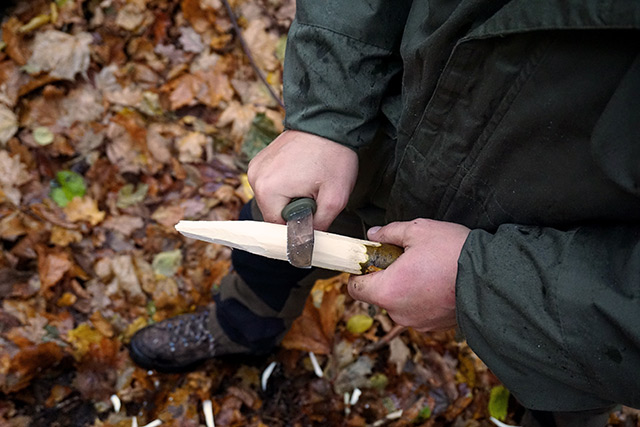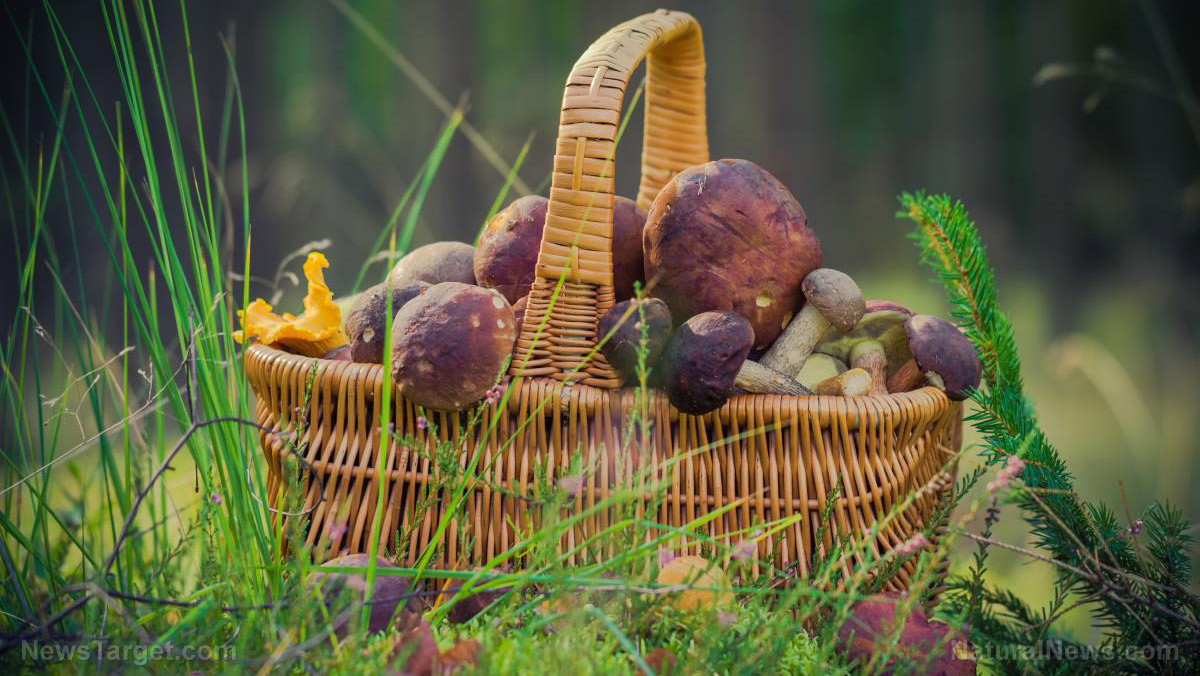 Parler
Parler Gab
Gab
Trotline fishing
Setting up trotlines is a good way to catch fish without constantly keeping watch. A narrow stream or river at least six inches deep, with overhanging trees that cast shadows on the water, is ideal for setting up a trotline. A length of paracord or rope, which is a must-have for preppers, is needed for this operation. Lengths of fishing line as deep as the water should be tied around the cord or rope at equal intervals. The ends of the lines should then be rigged with fishing hooks. Meanwhile, the main cord should be tied to a tree on each side of the river. Once the main cord is tied and the fishing lines with hooks are in the water, the hooks can now be baited. Worms, grubs, fish eggs and carcasses and artificial bait work perfectly for this purpose. The goal is to create a wall of hooks that fish will be tempted to strike when they move upstream or downstream.Fish traps and weirs
Traps are another ideal option for passive fishing – with fish baskets being one of the most common methods. To make fish baskets, several sticks should be lashed together into a funnel shape using vines. The top should be closed and a hole large enough for fish to swim inside left in the funnel. This hole should face inward to trap fishes and prevent them from swimming out. Building a weir is also another popular method for catching fish. Compared to fish baskets, it only calls for making barriers using natural materials available. The weir should be built as a low stone wall extending outward into the water and forming an angle with the shore. Fish who swim toward the weir's shallow water can then be easily captured. Weirs can also be built to capture saltwater fishes as they can be built on rocky and sandy shores and coral islands during low tide.Spear and hand fishing
Spear-fishing may sound simple at first, but it is more challenging than most people think. A simple spear can be made using a straight branch with a sharpened tip of wood, metal or bone. Spearfishing does not actually "spear" the fish; rather, it stuns the fish, allowing it to be held by the hand. A spear should not be immediately thrown once a fish is spotted: Light refraction creates ripples in the water, making it look like the fish is further away. If all else fails, hand fishing is the last resort. This method requires intense focus and lightning-fast reflexes, takes up a lot of time, and causes frustration if unsuccessful. Catfishes and sucker fishes hiding in logs and holes can be caught by hand, but a serious fight should be expected. Hand fishers should be wary of barbels (whiskers) and spines found on catfishes as they can seriously sting.Now that the fish is caught, what's next?
Fish can be cooked whole over a fire in the absence of knife skills. It can also be prepared by gutting, de-scaling and filleting – with the skin either left on or removed. Experts say fish meat deteriorates 200 times faster than beef so it should be prepared at the soonest. Having a knife definitely makes cleaning and preparing fish easier Once cleaned and prepared, fish can be cooked straight away for immediate consumption. However, fish can also be preserved for future use. Smoking is one process that does not require too much effort. The process uses heat to rid the fish of moisture without cooking it. On the other hand, drying is also a viable method of keeping fish for long. Access to salt could also help in the drying process. It is a much more labor-intensive effort, however, as it takes days before fish dry. The fish should also be kept away from the sun, insects and harsh weather. Freshwater and saltwater fish should not be eaten raw. Freshwater fish feed on bacteria, while saltwater fish may contain parasites. Both of these can have a serious health impact. SHTF.news has more articles about fishing for food when SHTF. Sources include: PreppersWill.com SurvivalReadyBlog.com OffTheGridNews.comThe end of meat? Dutch “green” policies force dairy farmer to cull 95% of his herd
By Ethan Huff // Share
Food supply 101: How to grow edible mushrooms in your home garden
By Zoey Sky // Share
Home gardening tips: How to grow and harvest radishes
By Zoey Sky // Share
Uvalde massacre: Surveillance footage shows police just hanging around school hallway during carnage
By Belle Carter // Share





